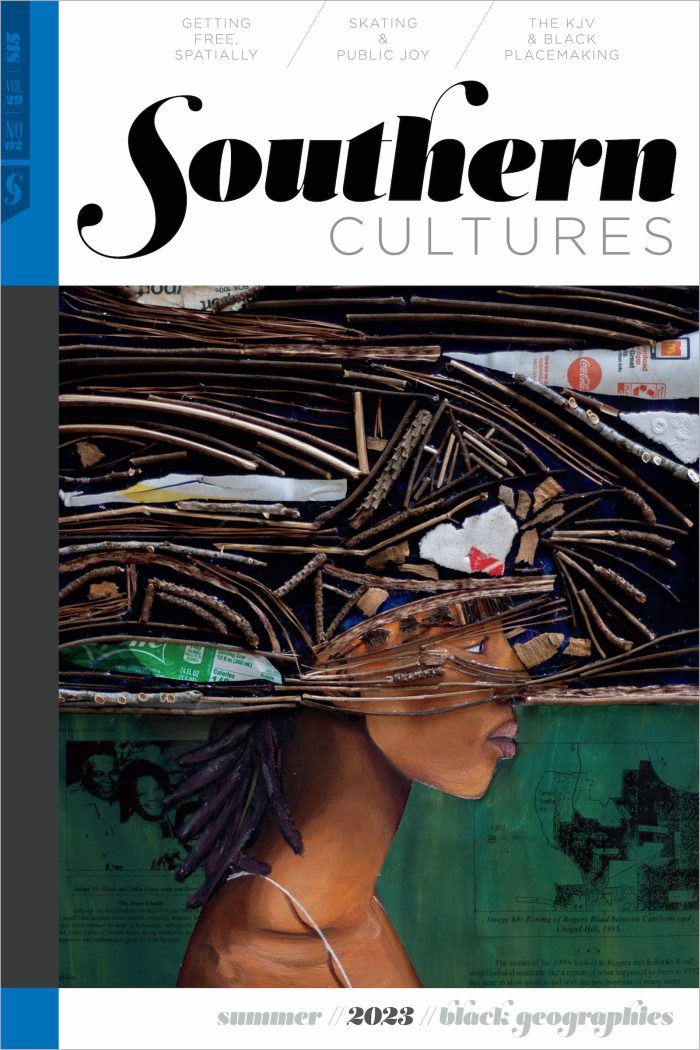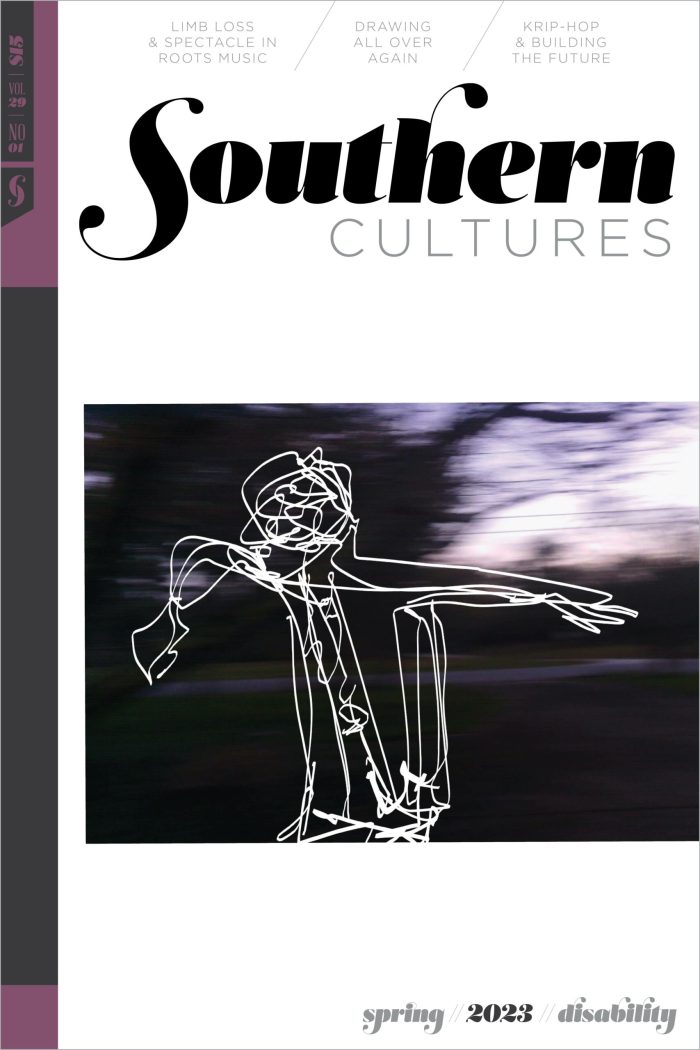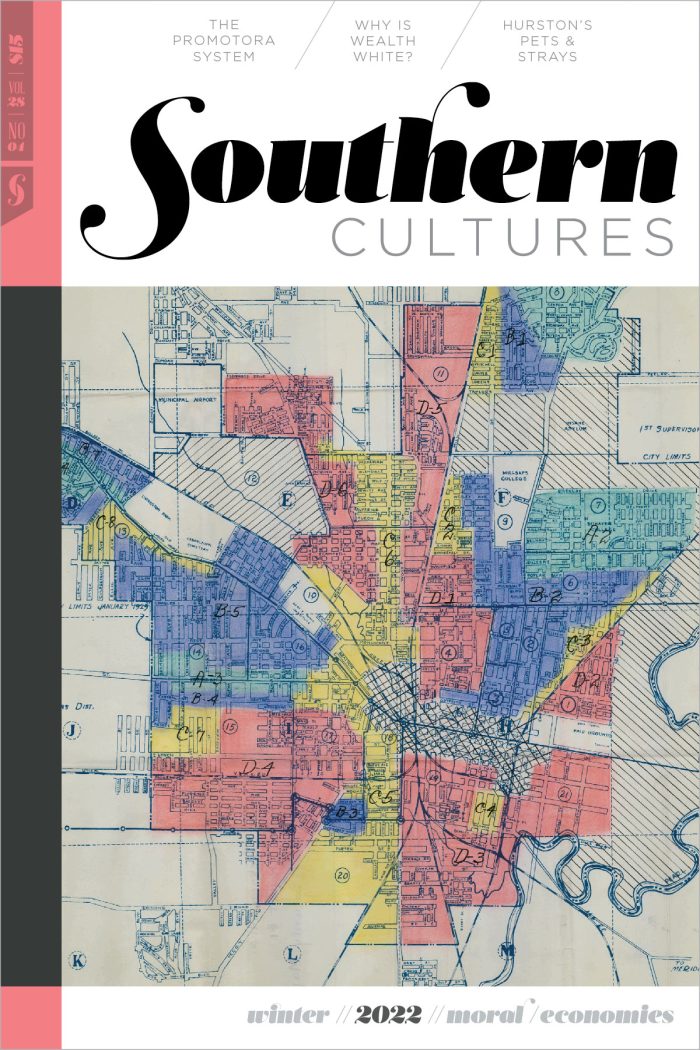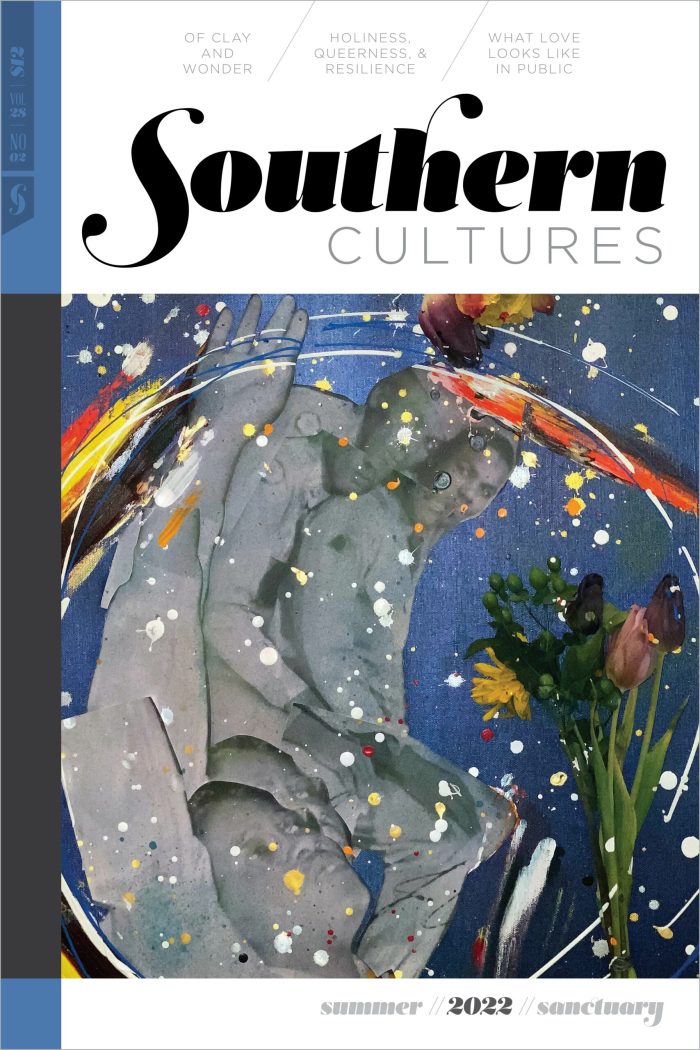Essay
by Malinda Maynor Lowery
I am currently living in several places at once: in Stone Mountain, Georgia, on the homelands of the Muscogee Nation; in the United States; on Turtle Island, Abia Yala, or Mother Earth. As part of my commitment to the Muscogee (Creek) people who have stewarded this place longer than anyone else, I am learning a »
Memoir
BUY ACCESS
by Esther Oganda Ohito
“my lament begins / where the bodies are buried / beside each other . . . ” 1. Achiel Knock, knock.Who’s there? Mano en ng’a?Ai yawa, it’s me. Anyalo donjo?Me who?Me who hates meandering introductions.
Essay
BUY ACCESS
Writing Family History in an Afro-Native World
by Kendra Taira Field
“This was genealogy as survival, genealogy with land and livelihood on the line.” As a child in the 1980s, I sensed that family history was deadly serious. Family history was material, physical, and psychological survival. In New Jersey, where I grew up, our family was Black; back in Oklahoma, my grandmother reminded us, we were »
Essay
Unpacking Extractive Research and Its Legacy of Harm to Lumbee People
by Ryan E. Emanuel,
Karen Dial Bird
Telling one’s own story is a way of asserting identity. It is simultaneously a fundamental responsibility and an inherent gift for each human being—and is often one of the first casualties of colonialism and oppression. Indigenous storytellers, knowledge holders, and practitioners who tell their own stories have long been viewed as superstitious or primitive by »
Essay
BUY ACCESS
by Jodi A. Byrd
“I remain haunted by what I can never know or speak of.” Growing up in the sandhills of Nebraska, I remember how my displaced Chickasaw father always surrounded us with his southern sensibilities: fried green tomatoes and eggplants, okra, black-eyed peas to start the new year, corn bread, and pit-roasted pig, javelina boar, or other »
Essay
BUY ACCESS
Constructing a Legal Regime to Regulate Race and Place
by Theodora H. H. Light
“Understanding the persistence of colonial power structures reveals the ways in which our pasts can so monstrously echo our present.” Every October, Beaufort County, South Carolina, holds a tax sale auction for delinquent properties. Last year was remarkable for two reasons. First, the auction of October 4, 2021, had more registered bidders (260) than properties »
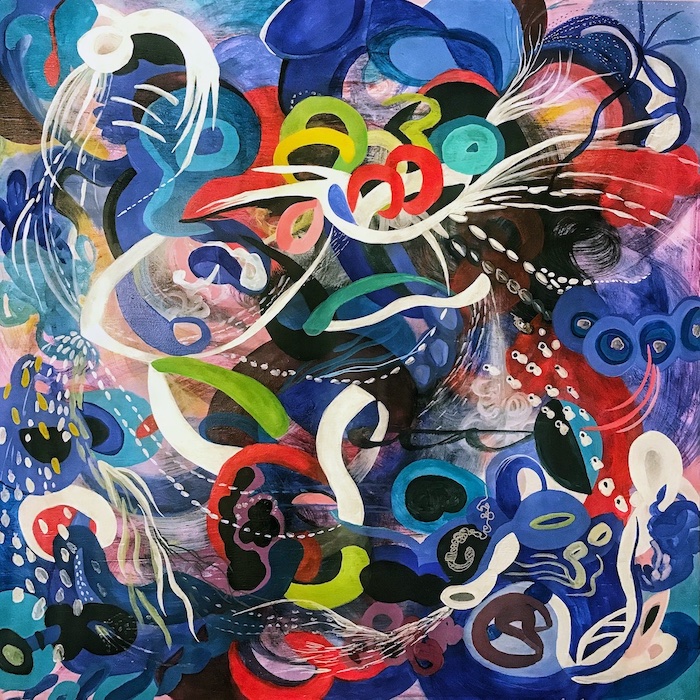 credit: Lynn Marshall-Linnemeier
credit: Lynn Marshall-Linnemeier
Essay
BUY ACCESS
by Nakia D. Parker
“Chattel slavery and Indian Removal have bequeathed us a ‘hard history’ indeed.” In 2020, during debates about the reauthorization of the Native American Housing and Self Determination Act (NAHASDA) in Congress, Representative Maxine Waters proposed an amendment to the law that would deny federal housing monies to any Native nation that denies tribal citizenship to »
Essay
BUY ACCESS
by Zachary Faircloth
A E Faircloth died on Easter morning 2014. Among the things he left behind was a tidy double-wide on an acre lot in Longs, an unincorporated community in the northeastern corner of South Carolina. The lot fronted a couple of old wooden sheds, behind them a meticulously groomed if wholly plain vegetable garden. Twenty humped »
Essay
BUY ACCESS
by Alaina E. Roberts
“Betsy Love’s life experiences stand in for a broader historical phenomenon: the complex and exploitative relationships between people of color.” Chickasaws are a proud people: proud of the strength and military might we were known for among Indians in what is now the southeastern United States; proud of the strategic alliances we made with the »
Art
by Lauren Frances Adams,
Jason Patterson
In early 2022, we visited each other’s studios in Baltimore and Chestertown, Maryland, to discuss the influences of historical memory, ancestry, and artists’ roles navigating time and place within white supremacy. Our first collaboration, in 2020, was the exhibition Rights and Wrongs: Citizenship, Belonging, and the Vote, hosted by the Peale Museum at the Carroll »
Essay
BUY ACCESS
by Kyle T. Mays
“Today’s settlers are not planting a flag; they are buying up buildings and using media to construct Detroit as a vacant space needing ‘civilizing’ settlement.” I spent two years in Atlanta, Georgia, during the ongoing COVID-19 pandemic. Atlanta is a city with a diverse population, but it is known within Black communities as a mecca »
Essay
BUY ACCESS
by Marcie Cohen Ferris
“My civil engineer grandfather and father dealt with the ill-fated consequences of government programs to control and contain the Mississippi River in their lifetimes.” This issue takes me to the cultural inheritance from my own family and visceral memories of the extensive cropland, impenetrable forests, mysterious swamps, bayous, and waterways of northeastern Arkansas, where I »
Poetry
BUY ACCESS
by Marlanda Dekine
You grew from your granddaddy’s dirt and evergreen spaces. There are gorgeous collard colored-greens, ripeyellows turning to golden reds, hangingfrom brown and moss-smothered trunks, standing tallall over the land he left. A Black man, last name Jackson, quietly purchasedland from a white man and sold acres of unworkable plotsto your great-granddaddy. Your granddaddy, Silas, filled »
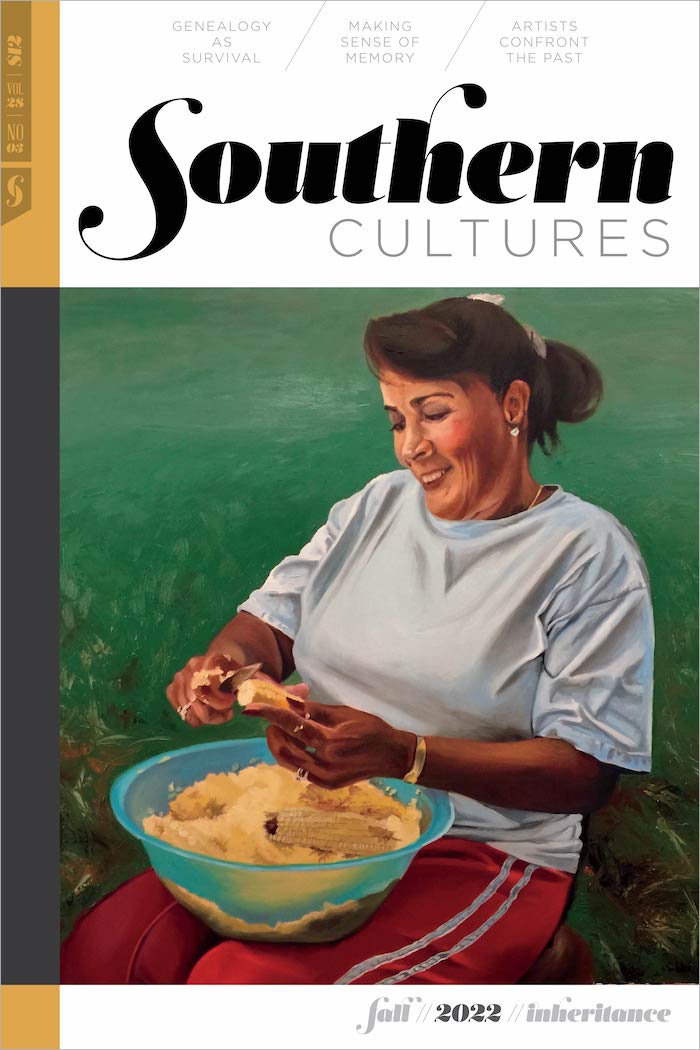 cover: Jessica Clark
cover: Jessica Clark

 credit: Lynn Marshall-Linnemeier
credit: Lynn Marshall-Linnemeier
